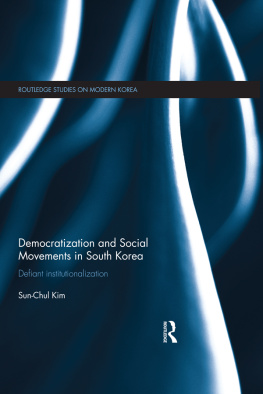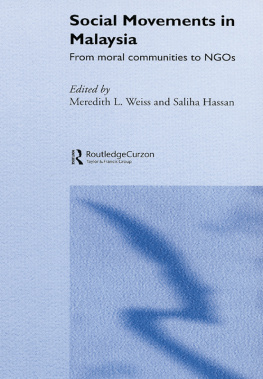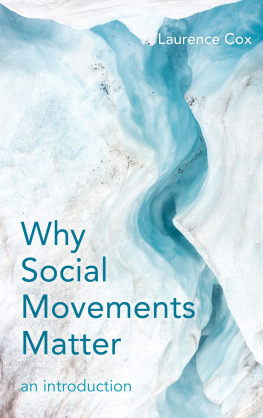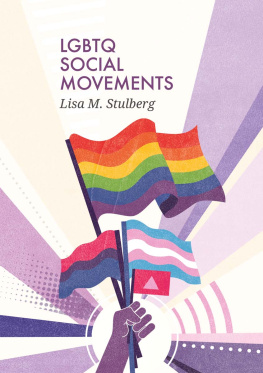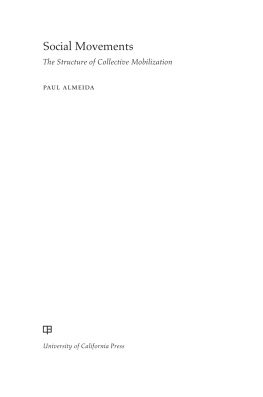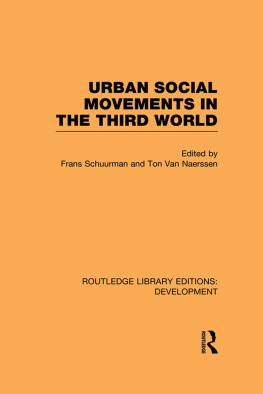Playing for Change
Playing for Change
Music and Musicians in the Service of Social Movements
ROB ROSENTHAL & RICHARD FLACKS
Except for songs in the public domain, or songs for which reprint permission has been granted, the authors quote only a few lines of songs under the general parameters of the U.S. Copyright Laws Fair Use Doctrine. The authors suggest that readers refer to full lyrics as needed, which can easily be found on numerous Internet sites.
Respect words and music by Otis Redding Copyright 1965 Irving Music, Inc. Copyright renewed. All rights reserved. Used by permission.
Angel from Montgomery words and music by John Prine 1971 (Renewed) Walden Music, Inc., and Sour Grapes Music Corp. All rights administered by WB Music Corp. All Rights reserved. Used by permission of Alfred Music Publishing Co., Inc.
First published 2011 by Paradigm Publishers
Published 2016 by Routledge
2 Park Square, Milton Park, Abingdon, Oxon OX14 4RN
711 Third Avenue, New York, NY 10017, USA
Routledge is an imprint of the Taylor & Francis Group, an informa business
Copyright 2011, Taylor & Francis.
All rights reserved. No part of this book may be reprinted or reproduced or utilised in any form or by any electronic, mechanical, or other means, now known or hereafter invented, including photocopying and recording, or in any information storage or retrieval system, without permission in writing from the publishers.
Notice:
Product or corporate names may be trademarks or registered trademarks, and are used only for identification and explanation without intent to infringe.
Library of Congress Cataloging-in-Publication Data
Rosenthal, Rob, 1951
Playing for Change: Music and Musicians in the Service of Social Movements / Robert Rosenthal and Richard Flacks.
p. cm.
Includes bibliographical references and index.
ISBN 978-1-59451-788-4 (hardback : alk. paper)
1. MusicSocial aspects. 2. Social movements. I. Flacks, Richard. II. Title.
ML3916.R67 2010
306.4842dc22
2010013784
Designed and Typeset in Garamond 3 by Straight Creek Bookmakers.
ISBN 13 : 978-1-59451-788-4 (hbk)
ISBN 13 : 978-1-59451-789-1 (pbk)
We are indebted to many friends and colleagues for their generous gifts of time, insight, and support:
Rosenthals SOC 239 students, and in particular, Jorge Arevalo, Jacob Bricca, Amanda Chiu, Graham Griffith, Simca Horwitz, Sean Linehan, Joanne Maxwell, Zi Mei, Kathleen Ring, Chris Varmus, and Erik Vickstrom;
Rosenthals colleagues in the Wesleyan University Department of Sociology;
The Humanities Center at Wesleyan for providing us the opportunity to begin our collaboration;
The Interdisciplinary Humanities Institute at University of California, Santa Barbara, for providing resources for a seminal conference on music and social movements that helped shape this project, and the Harburg Foundation for helping to fund that event;
Generous readers of earlier drafts, including Neely Bruce, Mary Ann Clawson; Reebee Garofalo, Larry Roberts, Bill Roy, and Mark Slobin;
The political activists and musicians who gave us our materials, and particularly Dar Williams;
Archivists, librarians, and music industry employees who helped us find and access needed materials, including Roger Manning, and Megan Saboura;
Dean Birkenkamp, for believing;
And most of all, our loving families: Sunny Banwer, Sam Rosenthal, Annie Rosenthal, and Mickey, Chuck, and Marc Flacks, whose musicking enriches our shared lives.
It was the summer of 1941. Four young musicians, the Almanac Singers, traveled west from New York City, stopping to play wherever they could help organize workers into the new unions of the Congress of Industrial Organizations (CIO). They believed they were part of shaping history:
Each new day seemed more thrilling than the last. They were caught up in the excitement, the privilege, of playing for huge crowds of men and women who were sacrificing everything to build the CIO. And they were entirely amazed by their own effectiveness: the four of them had the power to get thousands of workers up and singing, Oh you cant scare me, Im sticking to the union, sticking to the union, till the day I die. They could charge up a crowd, turn them around, weld them together, get them roaring. It was a transcendent moment.
They glided west in their touring car, convinced they were an integral part of something very important. [A] major change was taking place in the lives of American workersone by one the big companies were caving in, submitting to the CIOand it was being orchestrated in large part by radicals and, especially, by Communists and the Almanacs were helping it along.
Songs, singing, and singers as an integral part of changing the world! Music shaking the foundations of an established order! This must have been what the Scottish political philosopher Andrew Fletcher had in mind when he declared, Give me the making of the songs of a nation, and I care not who makes its laws.
Such conflicting assessments are common to other movements and musics as well. In the late 1960s, rock and roll was declared (with glee by the Left, with alarm by the Right) to be the major conveyor of the social movements challenging the existing order;
Which is it then? Is music a force that can change the world, orat besta little bit of entertainment that breaks up the real work of organizing? Often this question has been answered in polar terms: music as essential component versus music as irrelevant window dressing, and further, as inherently or universally one or the other. Well argue instead that there is no single truth about the music/movement nexus, but a range of connections. The uses, functions, and effects of music in movements are surprisingly and intriguingly complicated.
Those who claim an essential role for music in social movements can certainly point to a long history of their intersection. Most Americans are aware of the freedom songs associated with the civil rights movement of the 1950s, 1960s, and 1970s; the Reverend Jesse Jackson once noted that while mass actionmarches, sit-ins, boycotts and the likecreated the body of the civil rights movement between 1955 and 1965, the music breathed its soul.
In fact, music accompanies political struggles in much of the recorded and oral history of most of the worlds societies: protest broadsides in Europe throughout the Middle Ages, a long tradition of traveling singer/poets in Latin America, singers of calypso in Trinidad arising in the 1920s, the pervasive mass singing in the South African struggle against apartheid, the nationalist songs of Irish rebellion, the twoubadou tradition in Haiti, rai in Algeria, and on and on.
One of our purposes in writing this book is to argue for the importance of culture in general and music in particular for social movements. We want, first of all, to document thisto say, Look and see what music has contributed to the history of social movements! But we want to go beyond a simple documentation of the frequent link between music and social movements to catalogue and illustrate the many uses of music claimed or suggested by analysts, performers, and movement members. And further, we want to assess such claims, to see whether and how music actually serves the various functions that have been claimed for it and to begin to determine how the functions and effects of music vary depending on social and historical contexts.


